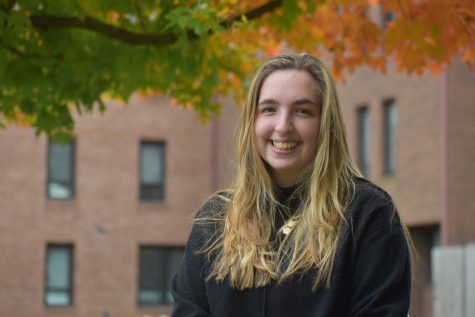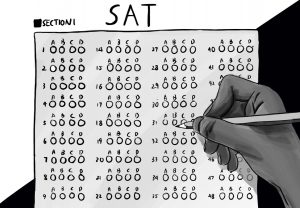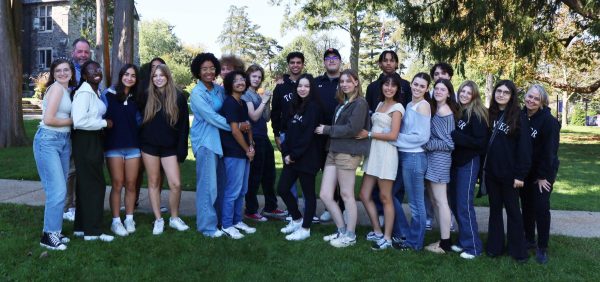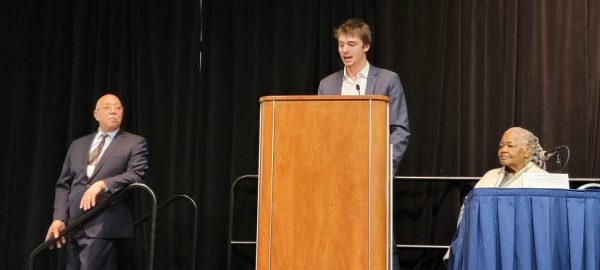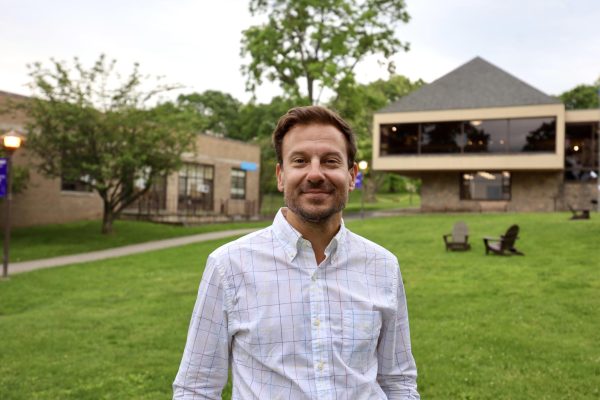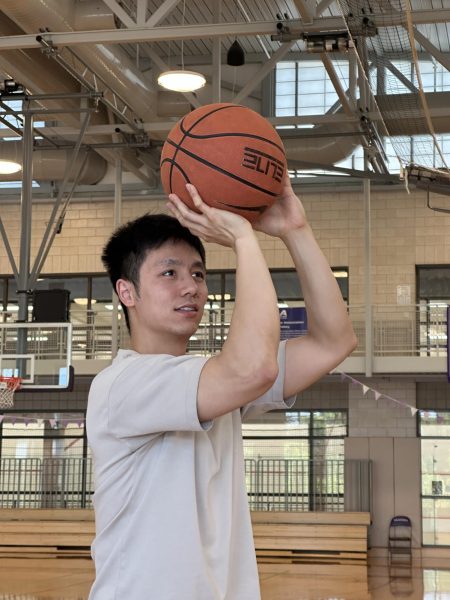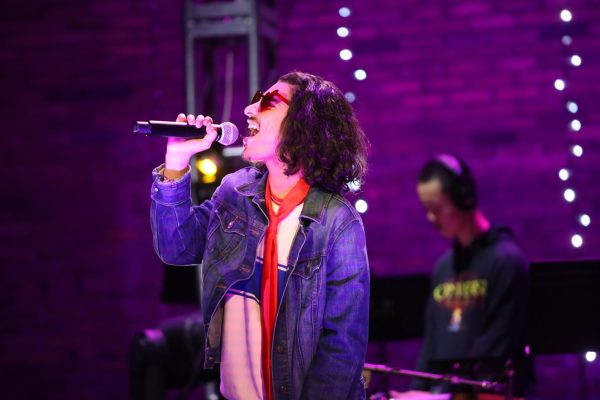Amanda Taylor’s Unplug Collective: Bringing Black women together
October 9, 2020
Nike Women launched a new activewear collaboration in late September that seeks to empower black women and people across the gender spectrum. The post announcing the collaboration to their 7.5 million followers on Nike Women’s Instagram featured the CEO of their campaign collaborator, Masters’ alumna Amanda Taylor ‘18.
Taylor founded Unplug Collective just under two years ago. On their website, they describe themselves as a space where social media is used, “as a digital healing circle for our community to discuss topics that are otherwise silenced in our homes, schools, and workplaces.”
More specifically, they define themselves as an online blog-style platform for women of color, particularly Black women and gender-expansive people to write about struggles they are facing and to receive support and solidarity from the Unplug community.
“I think particularly for black women and black folks who identify as women and nonbinary people there needed to be a space where people could say this is what I’m going through and a community of people who could support them in their process,” Taylor said.
The company’s Chief Operating Officer (COO), and Taylor’s childhood friend from Jamaica, Zara Harding, shared a similar sentiment on Unplug’s impact on the lives of so many black women.
She said, “When I think of the phrase ‘spaces like Unplug’ what I’m really seeing on other pages similar to us is that element of community and wanting to really uplift and discuss, and dig into the raw stuff that people tend to try and stay away from.”
The fashion industry has often been criticized for reflecting societal stigmas and prejudices, and only recently has a greater spectrum of representation in terms of gender, race and body type begun to emerge. When Nike personnel following the Unplug Collective on Instagram reached out to work on a collaboration, Taylor saw it as an opportunity to expand the values of her platform into what is typically an industry closed off to people that don’t fit its typical mold.
She said, “What’s so cool about Unplug is that we target the fashion industry, and the wellness industry, meaning that we just want people from those industries to listen to the voices of the people on the page.”
For one of the campaign’s models, Shelbi Grant, the collaboration with Unplug was her first professional shoot with a brand that she had never expected to be offering any major representation of her body type and race.
She recalled, “For a long time I didn’t buy anything Nike and I didn’t really feel worthy of wearing it because it was marketed towards such athletic body types, so to see me be the face and the representation for other young women and women is really surreal.”
Grant still feels that the brand has a long way to go in terms of furthering equitable representation in their campaigning, marketing and production. During the shoot, she felt a noticeable difference in the clothes she was being given to wear and those given to the thinner models.
“In one of the photos, I’m wearing this white t-shirt that almost came down close to my knees, it was a pretty big t-shirt and they took it and tied it up because the stylist said to me, ‘I don’t want to cover you up because everything they sent was like let’s cover the plus size woman up,’” she said.
The campaign with Nike Women was a success on many fronts, but Grant’s experience as a plus size woman modeling in clothing that was intended to cover her up points to an industry and brand that still has significant improvements to make in their representation and treatment of plus size bodies.
In a recent post on the Unplug Collective, Taylor illustrated how instances like the one Shelbi faced have fostered “fatphobia” in society; essentially, pushing everyone towards a perfect body type that doesn’t exist.
In her post, entitled, “Obsessed with Hunger: How Atypical Anorexia Threatened My Life and Unplug Saved It,” Taylor reinforced the key role of Unplug in dismantling dangerous body-shaming behavior and rhetoric.
“As Unplug grows, I hope it remains a non-judgmental and safe space. Every story, every educational post, every picture celebrating someone’s body makes me feel less alone. In these and so many other ways, the Unplug community saved my life.” — Amanda Taylor
Harding emphasized this, saying, “When you look at the world and see all these things that need to change, pages like us really are partially what drives that change because it wakes people up to essay ‘Ok, I’m not the only person who was thinking or feeling this way’.”
Conversations such as those being had on the Unplug website are beginning to surface in the Masters community as well. Forums like the Black at the Masters School Instagram page (@blackattms) are opening up channels of communication and dialogue that embrace uncomfortable issues. Taylor sees those parallels.
“I think a really good introduction to the way that Unplug functions as a publication was the Black at Masters page, because it is quite literally that, like, tell me your lived experiences, now we’re going to use the community and the comments to affirm your experience and to say I went through that too, and it becomes valued,” she said.
In her own experiences as a Masters student, Taylor said she often felt shut down in Harkness conversations and among her peers.
She said, “By not letting the black person in the room speak their truth you are partaking in white supremacy, you are partaking in racism and a better Masters allows the black students and people of color on that campus to be a part of rewriting what a better Masters looks like.”





